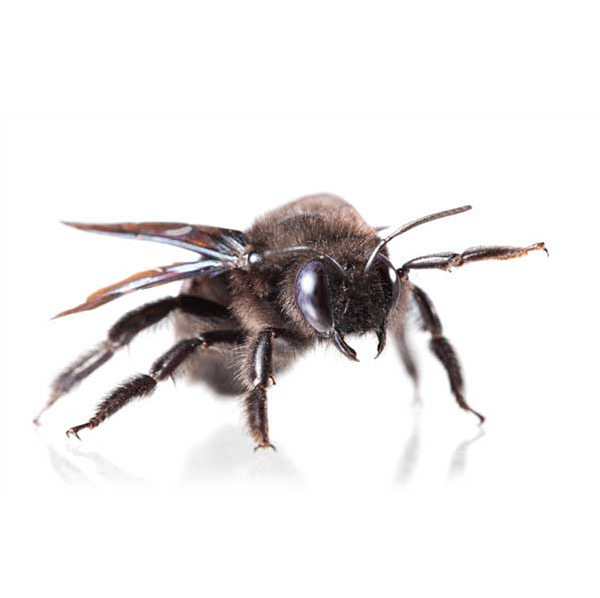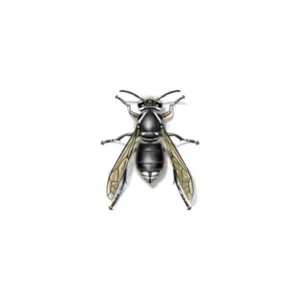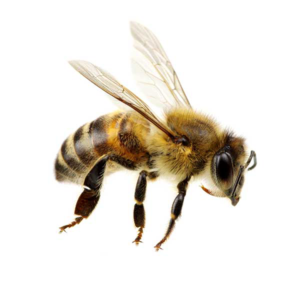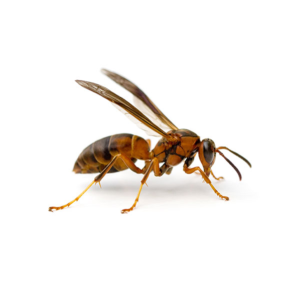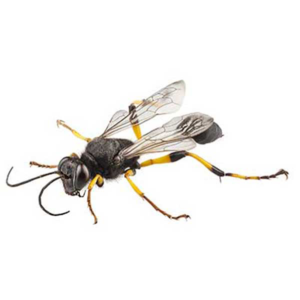Carpenter Bees in North Jersey
Alongside bumblebees, carpenter bees are the largest native species in North Jersey, measuring up to one inch in length. However, rather than building nests like other stinging insects, carpenter bees dig chambers into soft or damaged wood to use for shelter and raising their young. Though they do not eat the wood like termites, they can still cause considerable damage to homes and buildings by hollowing out dry or weathered lumber. Carpenter bees are also most active in the early spring, which is when they cause the most damage.
Carpenter Bee Habitat
Carpenter bees are not social and typically only live in groups less than 10. Outdoors, they often build nests in trees or logs. They may also try to build tunnels in human structures, often accessing the wood through attics, eaves, or siding. When building their galleries, the female carpenter bees use their mandibles to grind down the wood and create offshoots where she will lay her eggs. Right before laying the eggs, she will fill the nest with “bee bread” – a mixture of nectar and pollen – for the larval bees to feed on. One of the earliest signs of an infestation is a small pile of fine sawdust next to small entry holes in the surface of your wooden structures.
Carpenter Bee Behaviors, Threats, or Dangers
Though female carpenter bees have a sting, they rarely attack unless they feel threatened. Meanwhile, male carpenter bees do not have a stinger, but they can become very defensive of their nest and may bite. Carpenter bee stings and bites are not medically significant for most people, but individuals with allergies could experience a severe reaction. In addition to posing a risk to your safety, carpenter bees can also cause extensive damage to wooden structures. From windowsills and siding to important structural components, carpenter bees are the last thing you want chewing away at your home.
Think you have carpenter bees on your property? Now’s the time to take action! Call the experts at Eastern Pest Services to remove the bees safely and quickly. We take care to preserve the populations of our important pollinators, and we also create customized plans to prevent infestations from returning to your space. To get started, contact our bee control professionals today.

